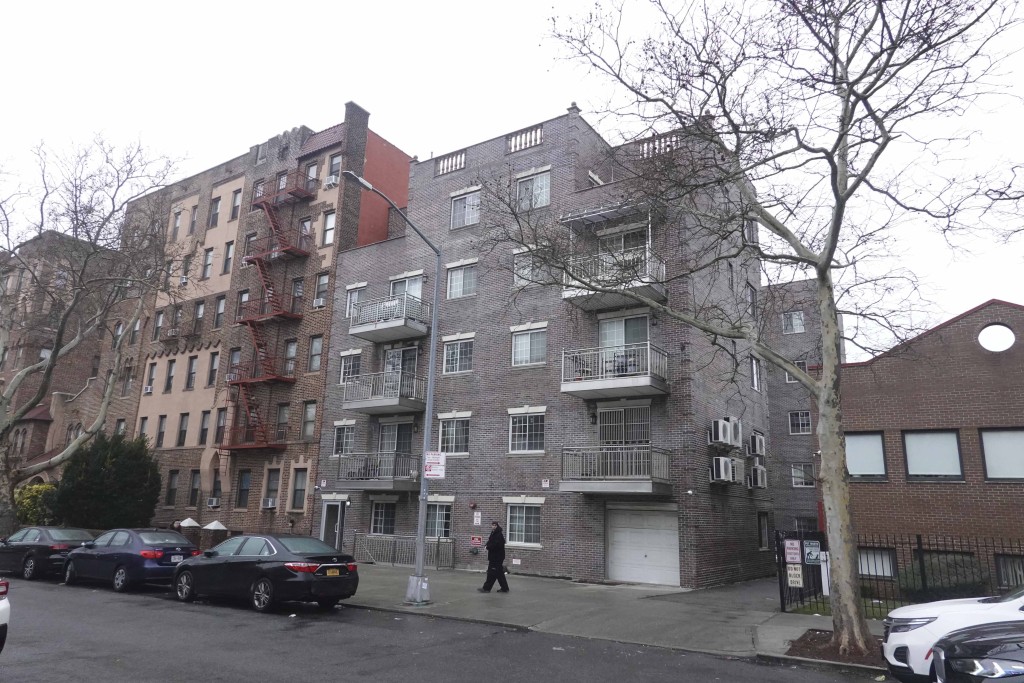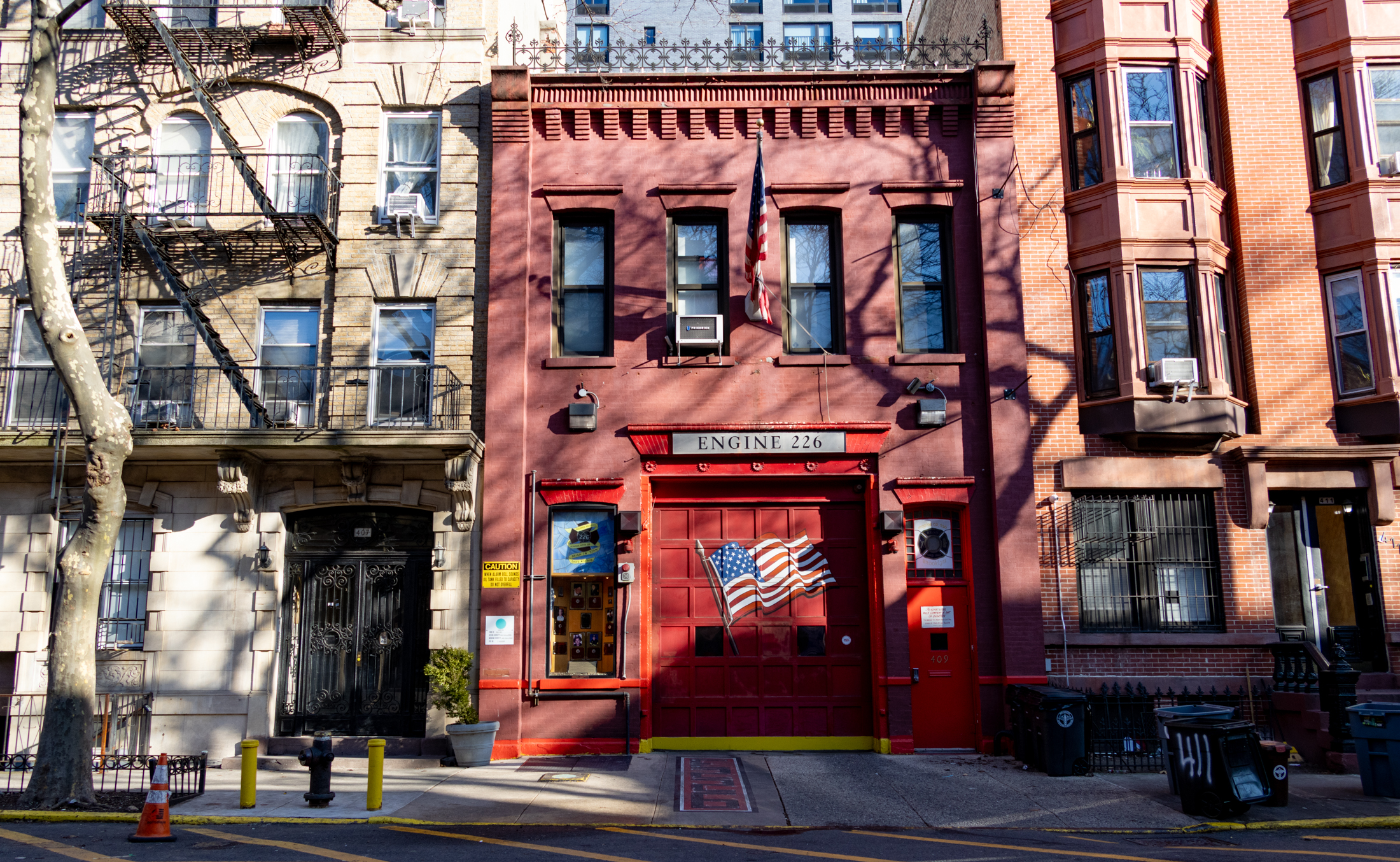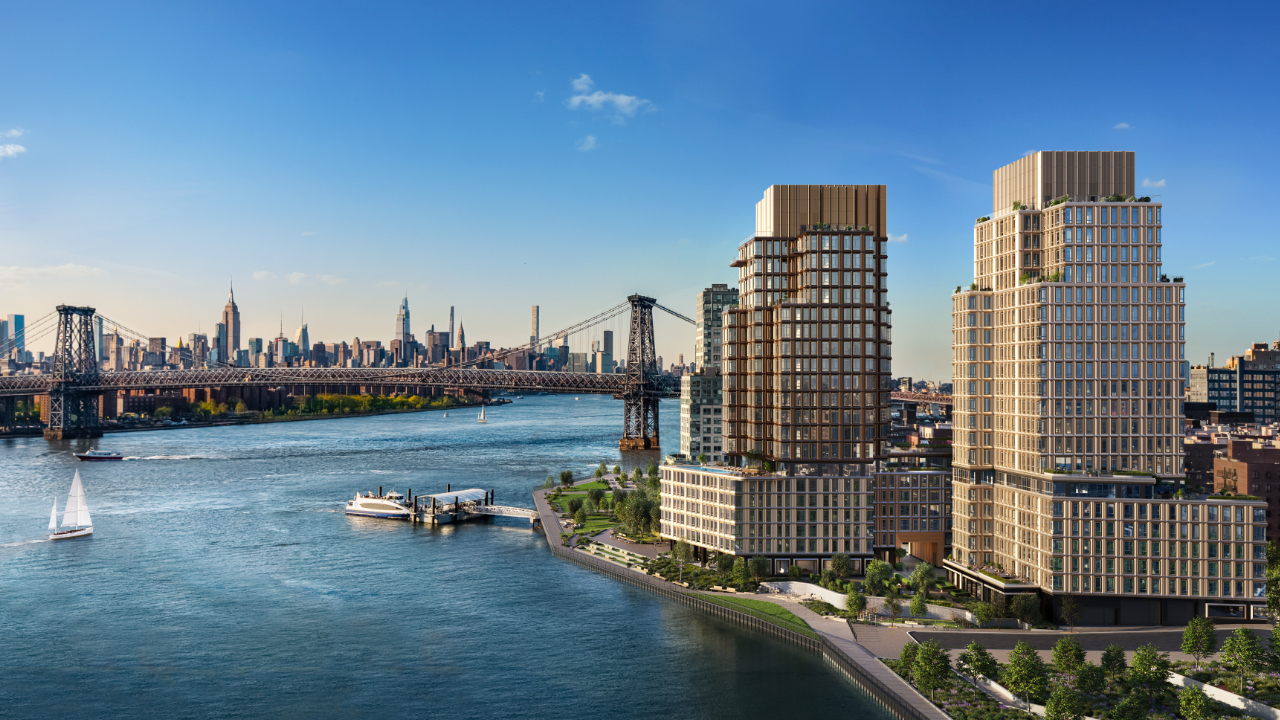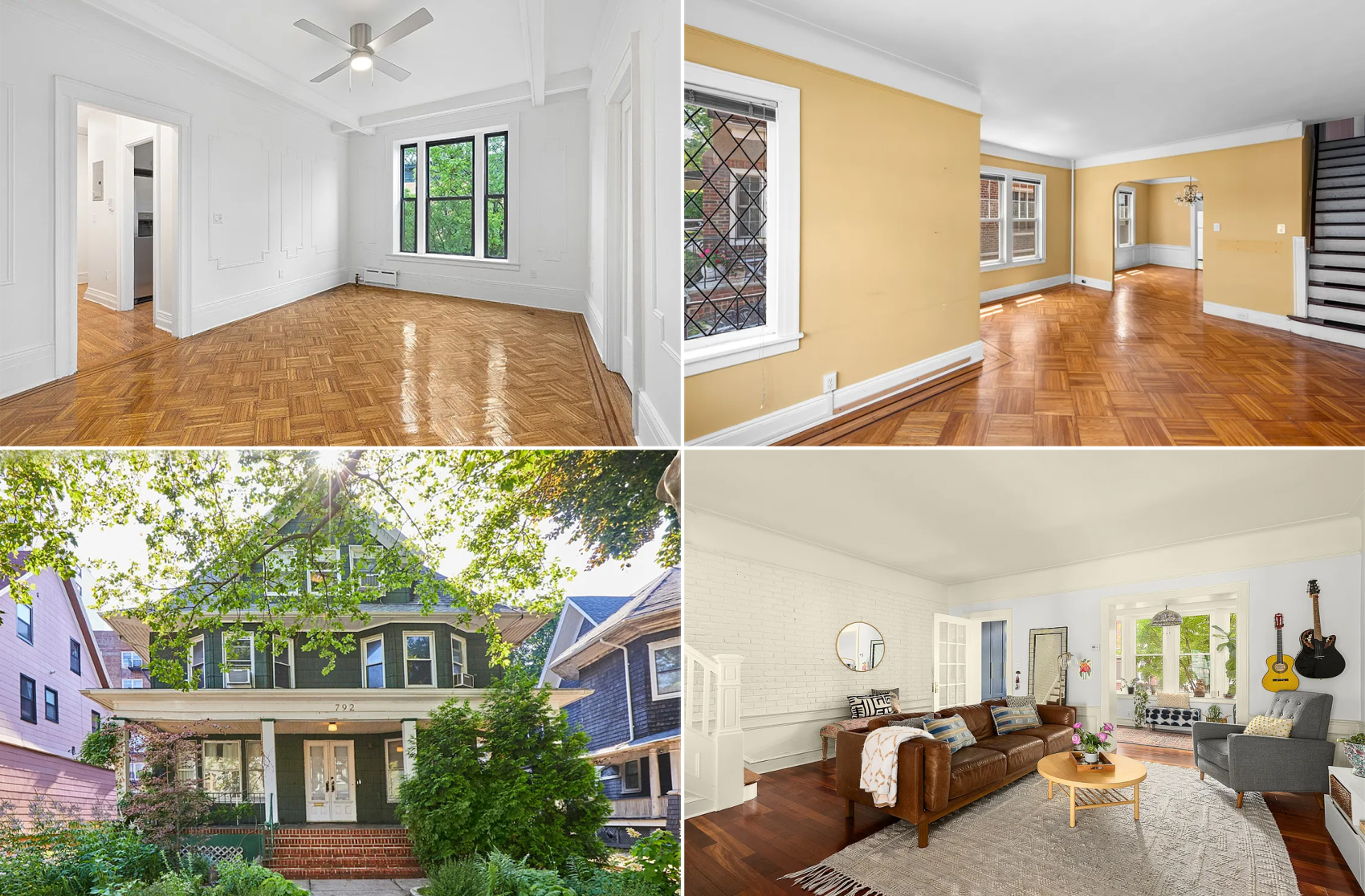MTA Postponing Rehabs of Many Brooklyn Stations
Yesterday the MTA announced it will delay the renovation of 19 subway stations around the city, the bulk of which are in Brooklyn. (Runner-up: The Bronx.) The biggest rehab that’s biting the dust, at least for now, is the overhaul of the Smith-9th station. Renovations of a number of stations on the D/M line are…


Yesterday the MTA announced it will delay the renovation of 19 subway stations around the city, the bulk of which are in Brooklyn. (Runner-up: The Bronx.) The biggest rehab that’s biting the dust, at least for now, is the overhaul of the Smith-9th station. Renovations of a number of stations on the D/M line are also being put on hold. To me, a cut is a cut is a cut, said Gene Russianoff, the staff lawyer for the Straphangers Campaign, a transit advocacy group. Their spin is that they’re deferrals, but they’re deferred into no man’s land. MTA chief executive Elliot G. Sander said the postponements are coming because the authority doesn’t know how it’s going to afford the service improvements it’s already started, and that the MTA is facing a budget shortfall due, in large part, to a falloff in tax revenue from real estate transactions.
M.T.A. Cuts Delay Some Big Projects Until 2010 [NY Times]
Graphic from The New York Times.





“Ever notice that the most inefficient businesses and the ones that were always on the verge of bankruptcy were totally unionized…steel, autos, airlines, MTA, post office, etc., etc., etc.”
Well let’s take the auto industry for a minute. What’s their biggest cost – health insurance on their unionized pensioners. That is presently costing GM more than the price of steel for each car. Is this a reflection of poor “efficiency”. Hard to see how a retired person has any effect whatsoever on a company’s efficiency. Or, might this cost be related to the fact that the United States, unlike EVERY OTHER INDUSTRIALIZED COUNTRY IN TEH WORLD has no national health insurance. The Japanese car companies do not need to pay their workers or pensioners health insurance and that saves them over $2000 per car. Jeez, I wonder if this might not be true for the steel industry as well? I wonder if the fact that Chinese workers are paid a few dollars a day might have more to do with the fact that we lost stell jobs as opposed to the workers “inefficiency”?
Morever, in terms of the car industry, who the hell had the great idea of forgoing fuel efficient cars and selling only huge SUVs and Pickups. I bet it was all those lazy Union workers on a lunch break who forced that idea down management’s throats.
The Great Liar
Ah, but 11:03, the reference was to the other poster. However I love how you defined me! In that vein I must say I look forward to the rest of the day on B’stoner as the Great Perhaps.
Congestion pricing is a great idea in theory but it would have affected the outer boroughs far more than Manhattan. As anyone can see, the commute from Brooklyn, Queens and the Bronx via public transportation is much more difficult and time-consuming. Sometimes almost impossible. Then there was the issue of having trucks pay into it. I’m a big proponent of making business pay their just due, but trucks and vans and business vehicles are necessary. It’s not a question of convenience for them. Add to their costs and the consumer will be the one to pay more. Congestion pricing for trucks and delivery vehicles hurts business.
And then they wanted to charge cabs too- as if they aren’t expensive enough. But if congestion pricing was to force people to leave their cars home, what alternative were they being given? You’re punished if cab prices are higher- even if you took a cab instead of bringing your own car.
Nor did they ever prove the money collected would go to improving public transportation. Bloomberg’s plan went down because he never addressed a lot of issues including who would be most hard hit. And that of course is people with lower incomes who need their cars to get to work.
10:33…i was pointing out large parts of the public sector and WHOLE INDUSTRIES not individual companies. Jack@ss.
So sorry bxgrl…it was the “grl” portion that led me to that erronious conclusion!! LOL
all of the New Jersey car commuters who worked so hard to kill the congestion pricing plan are laughing right now, the NYC taxpayer is picking up their tab.
Nostradamus? Weak reference, at best. I would say the fact that you are a hermaphrodite with a self-reflexive sense of humor would be more Rabelaisian.
I agree with 10:51 in the sense that commmuter taxes and congestion pricing are required. Double the prices on all bridges and tunnels too, and put tolls on “free” bridges like Brooklyn, Manhattan, Willis Ave., 3rd Ave bridges, etc.